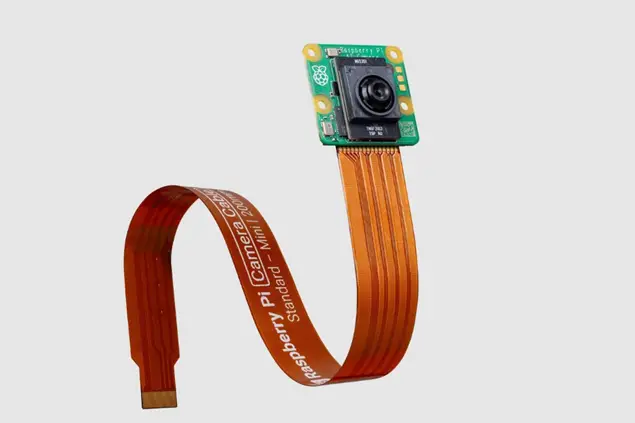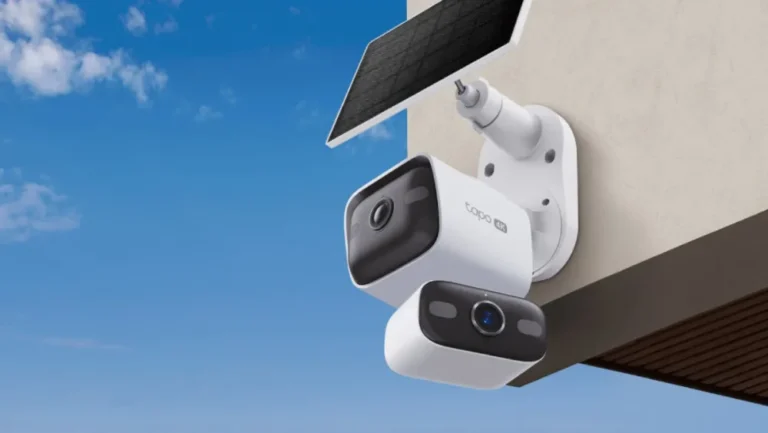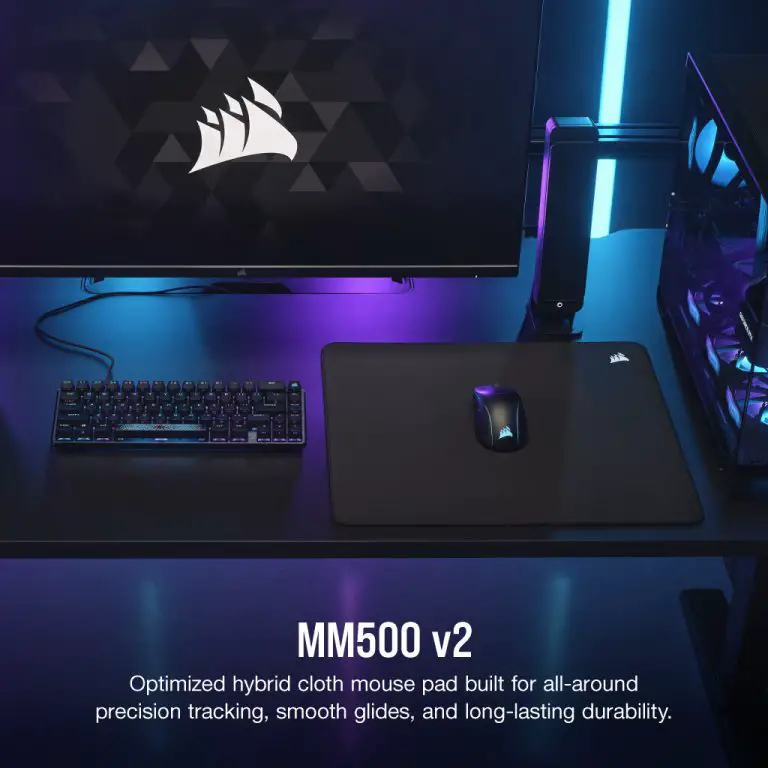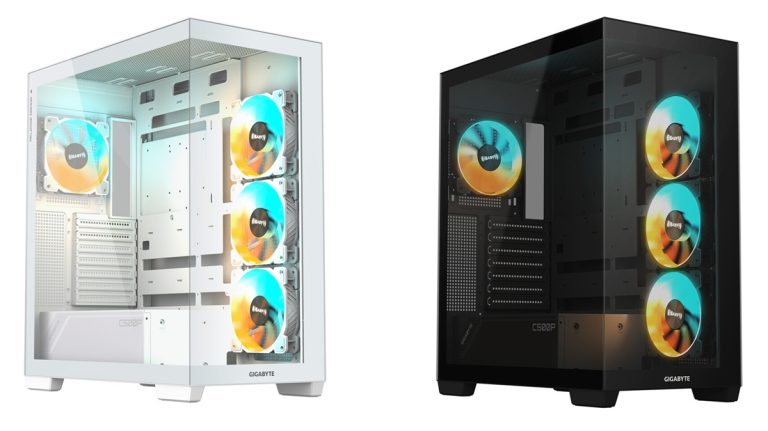
Raspberry Pi has unveiled a new device— the AI Camera module, designed to accelerate neural network operations and seamlessly integrate AI into Raspberry Pi projects. The new camera is equipped with the Sony IMX500 sensor, which features an integrated AI accelerator, enabling data processing with minimal strain on the CPU.
The AI Camera supports various AI models, is characterized by low power consumption, and offers swift response times. The device is compatible with all Raspberry Pi models, including the Raspberry Pi Zero, due to its use of standard ribbon cables.
Key features of the AI Camera include:
- A 12-megapixel Sony IMX500 image sensor;
- Sensor modes: 4056×3040 at 10 FPS and 2028×1520 at 30 FPS;
- Pixel size of 1.55 x 1.55 μm;
- 78° field of view, with manual focus adjustment;
- Integrated RP2040 microcontroller for managing neural networks and firmware (with built-in SRAM).
The integrated AI accelerator supports popular models such as TensorFlow and PyTorch, while also allowing the creation of new models optimized for the device’s capabilities.
Although the RP2040 chip is not intended to replace Nvidia GPUs in AI-related tasks, its use in conjunction with the image sensor allows for the creation of a module capable of capturing and processing images via neural networks. The advantage of this approach lies in the fact that visual data processing occurs directly on the camera, freeing up the Raspberry Pi single-board computer for other tasks without requiring an additional accelerator. The module is compatible with all Raspberry Pi computers.
Applications of the AI Camera include object detection (MobileNet SSD) or pose estimation (PoseNet) in 1080p at 30 FPS. Additionally, the camera could be utilized as smart city sensors, detecting parking spaces or monitoring traffic flow. In industrial settings, the device can assist with automated quality control tasks, identifying defects on production lines.
The popularity of Raspberry Pi products among companies is due to the ability to scale production of devices and modules. After the supply chain disruptions caused by the pandemic, Raspberry Pi managed to stabilize its manufacturing processes, ensuring consistent supply to its customers. Moreover, the AI Camera will be produced until January 2028, guaranteeing long-term availability for a wide range of projects.


